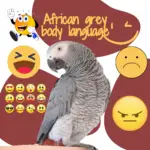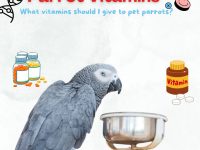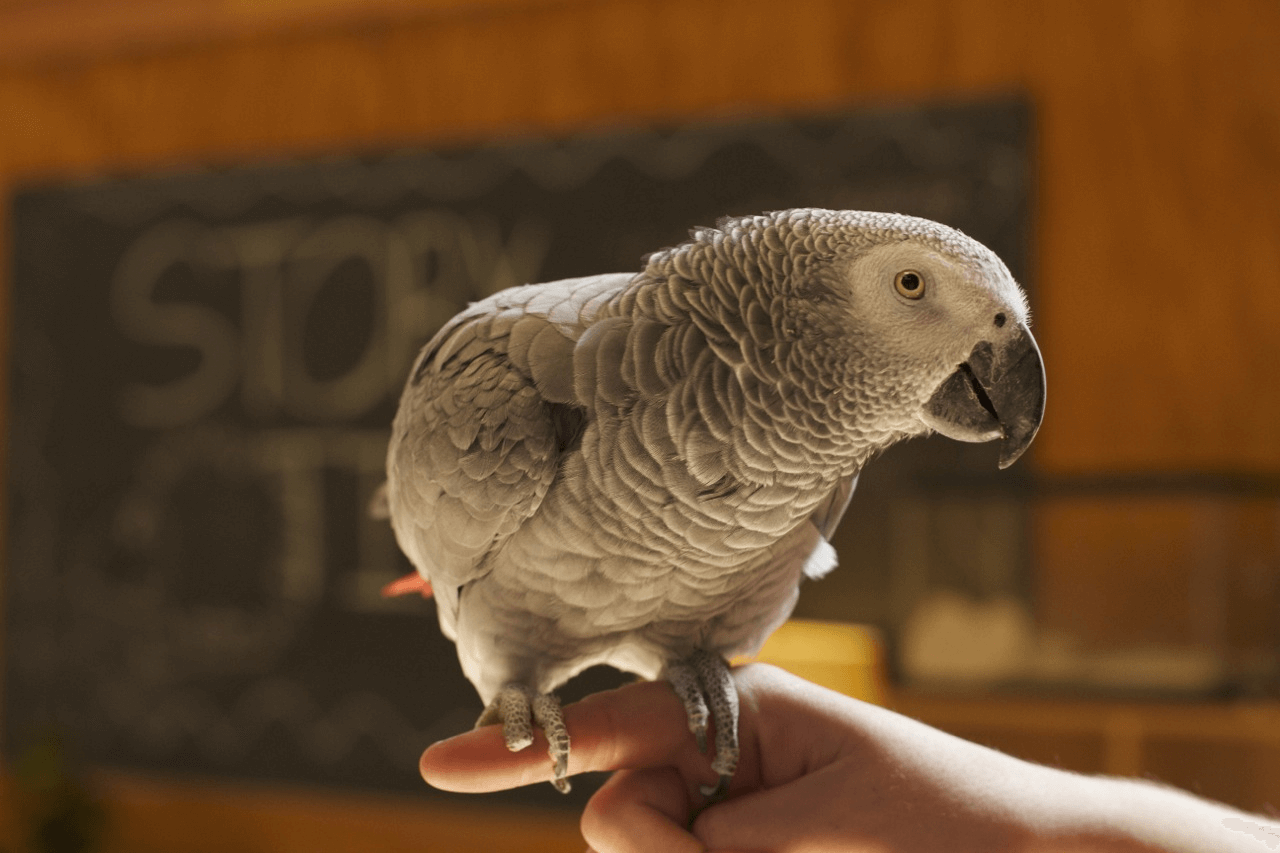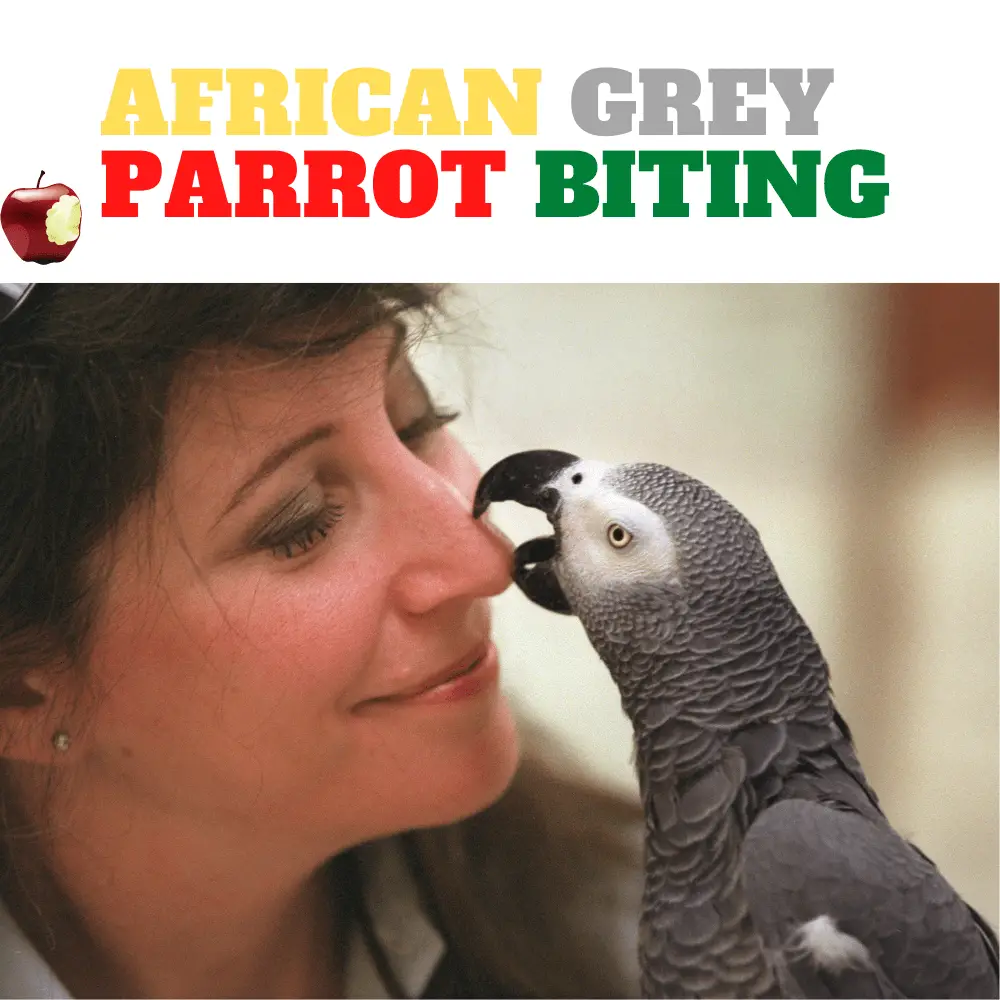
We have ALL the solutions to stop African Grey Parrot from Biting very quickly. It only takes a few hours of exercise to a few half days, and bad habits will be over.
These exercises have been applied to parakeets and parrots that have been biting for months or even years, and in less than a day, it has worked.
But you will have to be very attentive to your parakeet or parrot because whatever the psittacid is at home, he is very intelligent and will quickly learn to not bite anymore, you just need to understand it better and to better react and respond to their needs.
Before applying the exercises, it will be essential to read these articles to better understand your parakeet or parrot:
- Pacifying gestures of the parrot
- Understanding communication codes
parrot bite
Is your parrot biting you? Are you exhausted?
You no longer know what to do?
how to stop a parrot biting
SOURCE:wingsNpaws
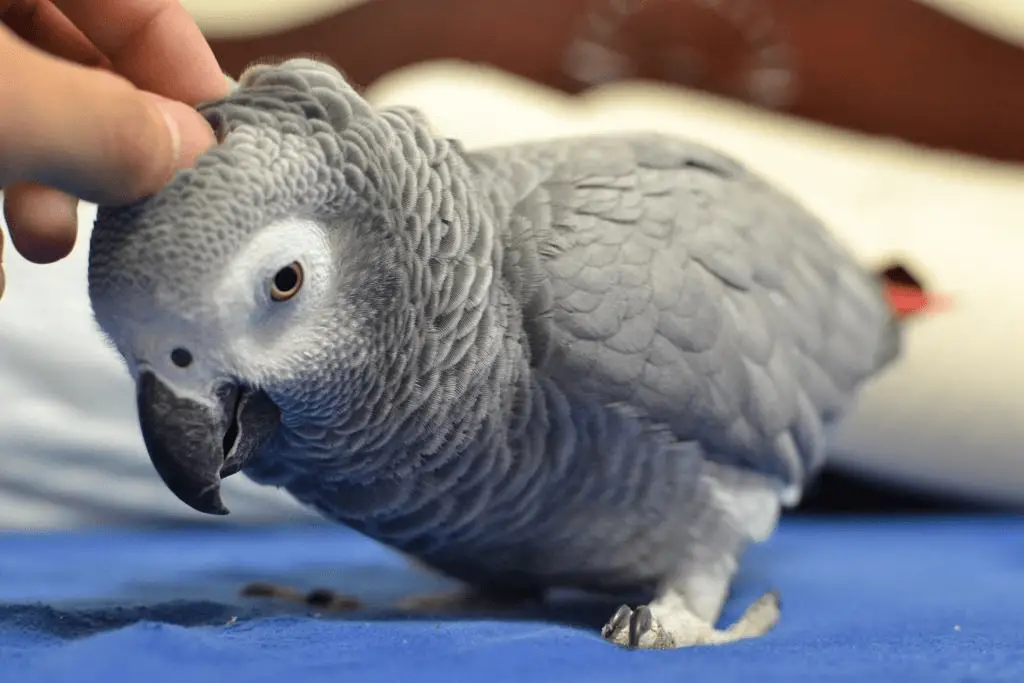
why do parrots bite their owners
what to do when parrot bites
You must imperatively remain stoic, do not look at it, do not shout, do not react strongly or violently, do not especially fear, push dryly and ignore it.
Stay alert for signs of worry and flight (dilation of the pupils, bristling of the plumage, legs hanging on the perch, eye that fixes the finger), respect its rhythm, so you will not be bitten.
The most important thing is to avoid parrots bites, especially when you are the one who approaches him and somehow forces him to react by default in this way.
If he bites you and you move away, you will reinforce him to start again, because that is what he expected. Learn to tame him more gently and with more respect for his needs.
When it is he who comes to bite you, it is different, he seeks your attention, your gaze, your voice, and when you cry and gesticulate, it amuses him.
This is why it is essential that when the bite occurs, it is too late, you should not react strongly or shout or move away, you should use your arm to push it hard and ignore it.
He will be upset, and after several tries on his part and your same uninteresting answer for him, he will stop. As soon as it stops, praises it, rewards it of all kinds, and play with it, have activities together.
Learn to have respect for him, common activities, that he is at the heart of the life of the room, because if not, if boredom monopolizes him, he will be obliged to attract you as he does little, and by default, after the screams, the bites …
CONCRETE EXERCISES
Quote:
“My African Grey Parrot has the habit of plucking our hair and hairs, it hurts us and she is very insistent, despite our punishments …”
The exercise that worked:
African Grey Parrot Behavior, For an African Grey Parrot to stop a behavior, nothing serves the punishment, which is not understood by parrots, but it is better to use positive reinforcement which is VERY useful and EFFECTIVE quickly. If you act well, within an hour the problem can be solved.
Each time she tears a hair or hair, or if it will touch him to soon tear it, you bring it down from you and you push it further firmly (but respectful and painless), pay attention).
It will come back, start again, you will do the same, you will lower it, and push, and you will not look at it, you will not speak to it, no regard whatsoever.
If she does it is only because it catches your attention and it seems to amuse her. Does it have a park? Toys? companions? Do you play games together? You have to enrich your environment and your daily life with activities, which will prevent her from trying to attract attention.
Let’s continue with the exercise. When she comes back but this time she will no longer touch your hair, as soon as she comes back and is correct, congratulate her, give her attention, congratulations, and delicacies which she loves.
This non-behavior must be enriched, so that it appreciates it, and that it continues to no longer do what is unpleasant but to do what is pleasant. So it is for everything.
As soon as it starts to pluck a hair, not a word, not a look, drop it firmly and further, and as soon as it is wise, reward it. This should save you a lot of worries and settle quickly.
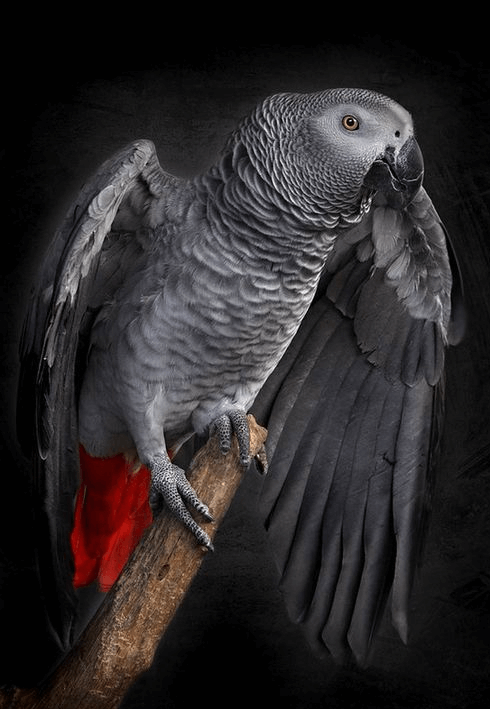
do african grey parrots bite
Quote:
“Whether I play on my computer, or whether I am in my business to work, my parakeet jumps on me and bites my fingers, my shoulder very strongly, it amuses him a lot, we are in pain, we shout, we the punished, nothing helps … ”
The exercise that worked for African Grey Parrot Biting:
Your parakeet lacks attention and activities (games, exercises, etc.), so it concentrates its energy on making you react in any way that can, and if not with laughter and joy, it will be by cries and nervousness. it might not be as much fun, but she’ll take care of it that way by default.
Each time she comes to bite you, you bring her down from you and you push her further in a firm, dry manner (but respectful and painless, be careful), without a look, without a word, without a real reaction aside from rejecting it.
She’ll come back, start over, you’ll do the same again. She will quickly test and get tired, and as soon as she opts for a calmer, more pleasant behavior, congratulate her, reward her, play with her, have fun there, distracted there. It is boredom that makes them adopt such behaviors.
Quote:
“One fine day, my partner wanted to approach our African Grey Parrot while he was on my shoulder, and he became clever and wanted to bite my partner.
I was afraid … and I reacted strongly … I was afraid that he would jump on my face … Following this bad experience, he started to bite me every time I let him out of his cage. However, it came by itself in my hand. The bites have become stronger and stronger. ”
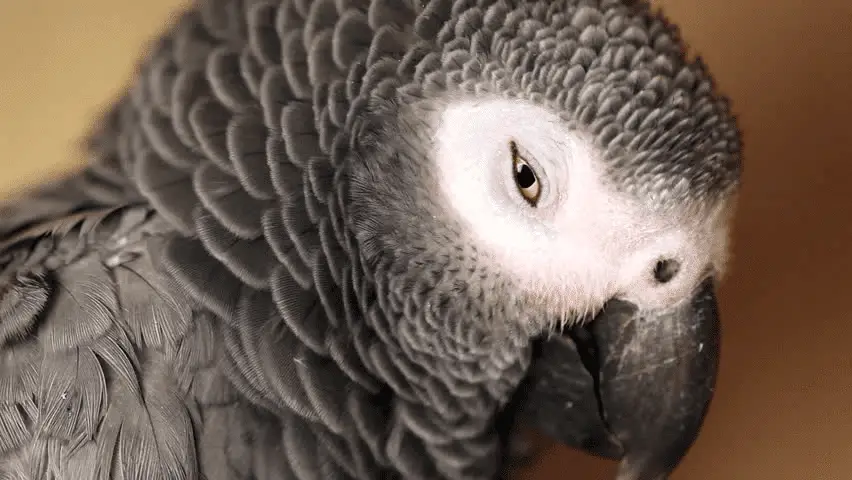 African grey bite
African grey bite
The exercise that worked for African Grey Parrot Biting
What are we going to try with your African Grey Parrot? We will try to extinguish a behavior, that of the bite. What is extinction?
It is to cause the disappearance of behavior that one does not wish to see reproducing. What to do? All behavior has a function for the animal.
The bird acts only according to what brings him back. If the bird bites, it is because this behavior brings him something (he moves the husband away or he moves his hand away or he gets attention).
In order for the bite to disappear, the human must make sure that biting no longer yields anything, but really NOTHING, every time.
Easy to say, less easy to do. Extinction is one thing. But this process works much better if, at the same time, the bird is told what it is desirable to do, and this is where positive reinforcement comes in. Reward the bird for each behavior (or behavioral sequence) that one wishes to review.
So we work on two axes at the same time: extinction to make disappear the unwanted behavior and reinforcement (reward) to see an increase in the frequency of the desired behaviors. Parrots are so intelligent that it does not take them very long to understand.
It’s an advantage. The downside of their great intelligence is that if humans make a mistake, they learn from this mistake … (it didn’t take long to learn to bite).
I add that a good reward is a reward that arrives immediately after the desired behavior (translate without delay). I would add that no parrot understands punishment and that punishment promotes fear, anxiety, confusion, and therefore aggressiveness. (the talkative magpie)
Quote:
When my Cockatoo bit me I tried to do nothing to possibly reinforce this behavior. Only it does not stop by itself. I realized that when she attacks, she “goes after it”. A result, the pain became too sharp I was forced to react by putting it back in a cage and making it let go.
An exercise that worked for African Grey Parrot Biting
Ignoring the bite is not the best solution for pain, because like any exercise where you ignore negative behavior to reduce it – and where you favor and praise good behavior – when you ignore it, don’t forget the growth period.
That is to say that from your non-consideration (staying stoic in the face of the bite) of the act, the bird will have a period of insistence on behavior: even more frequencies of aggression and especially still stronger.
At that moment, it becomes too painful for the common man that such attacks and we end up reacting, so we strengthened the bird in the idea of biting harder, and we lowered its tolerance threshold by the same occasion.
The technique of ignoring a behavior works very well for painless behaviors, such as a bird tearing the keys of your keyboard.
As soon as it nibbles, you drop it further, without emotions, and it will come back, insist, and as long as you keep this course of action to ignore it, it will increase the frequencies to finally find that it is not the right solution, and test something else. And as you’re going to reinforce good behavior, it will turn to these.
Because of this period of insistence and increased behavior (he experiences), ignoring a bite is not the best solution. It is simply better to avoid getting there.
And I know that is where the difficulty lies. Because, how to avoid a bite if the bird does not use any bodily sign warning of the bite?
The bodily signs preceding the bite are dilation of the pupils, grunting, swollen plumage around the neck, thinning of the body, gaze with only one eye, snapping beaks, legs fixed on the porch, and gaze fixed on you or your hand.
If you observe this, the wisest thing is to withdraw and let your bird calm down. You would come back later. Your parrot will thus understand that it is respected, that it is not forced with requests or behaviors that it does not want, and that makes him understand that African Grey Parrot Biting is not useful.
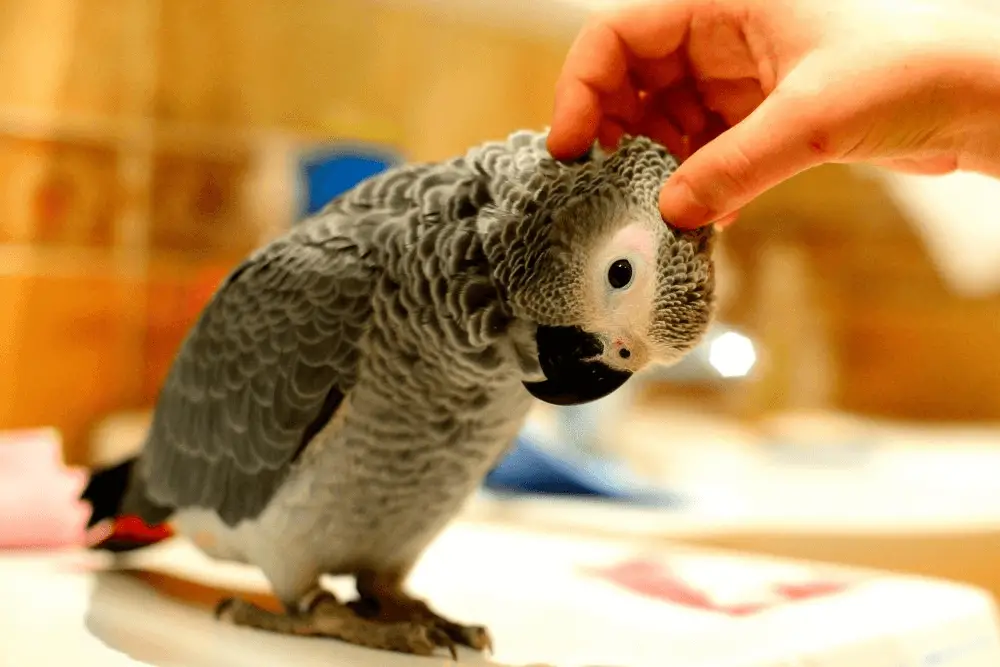
The Body language of African grey parrot
Or does he no longer bother with these signs? Once the bites are reinforced, some parrots no longer take the trouble to communicate bodily their dissatisfaction, anxiety, or frustration, there are no more warning signs and it becomes very complicated to avoid this impulsive bite (tolerance threshold low).
Either she saw it as a punishment or a negative situation, and in this case, followed by a bite it can reduce aggressive behavior (it is proven that punishments have harmful consequences on long-term psychology and decrease the tolerance threshold of birds, which become more easily anxious.).
Either putting her back in her cage is positive for her, that’s what she wanted, to find her territory, her safety. In this case, it is a reinforcement and she found a wonderful way to force her return to the cage when she experiences a situation of anxiety or frustration.
It will be necessary to work on positive reinforcement and to reward its behaviors when they are adopted or sought after and avoid as much as possible being bitten by respecting the codes of communication.
When the bite arrives, you must react as little as possible and place the bird further to let it calm down. You will have to teach her how to get in and out of the cage on command and do not hesitate to use a portable perch to help her, so that she does not have to fear the hand and that it does not slow her down. learning. It is sometimes easier for some parrots to learn with a perch rather than by hand.
stop African grey parrot biting
How to stop my parrot from biting me
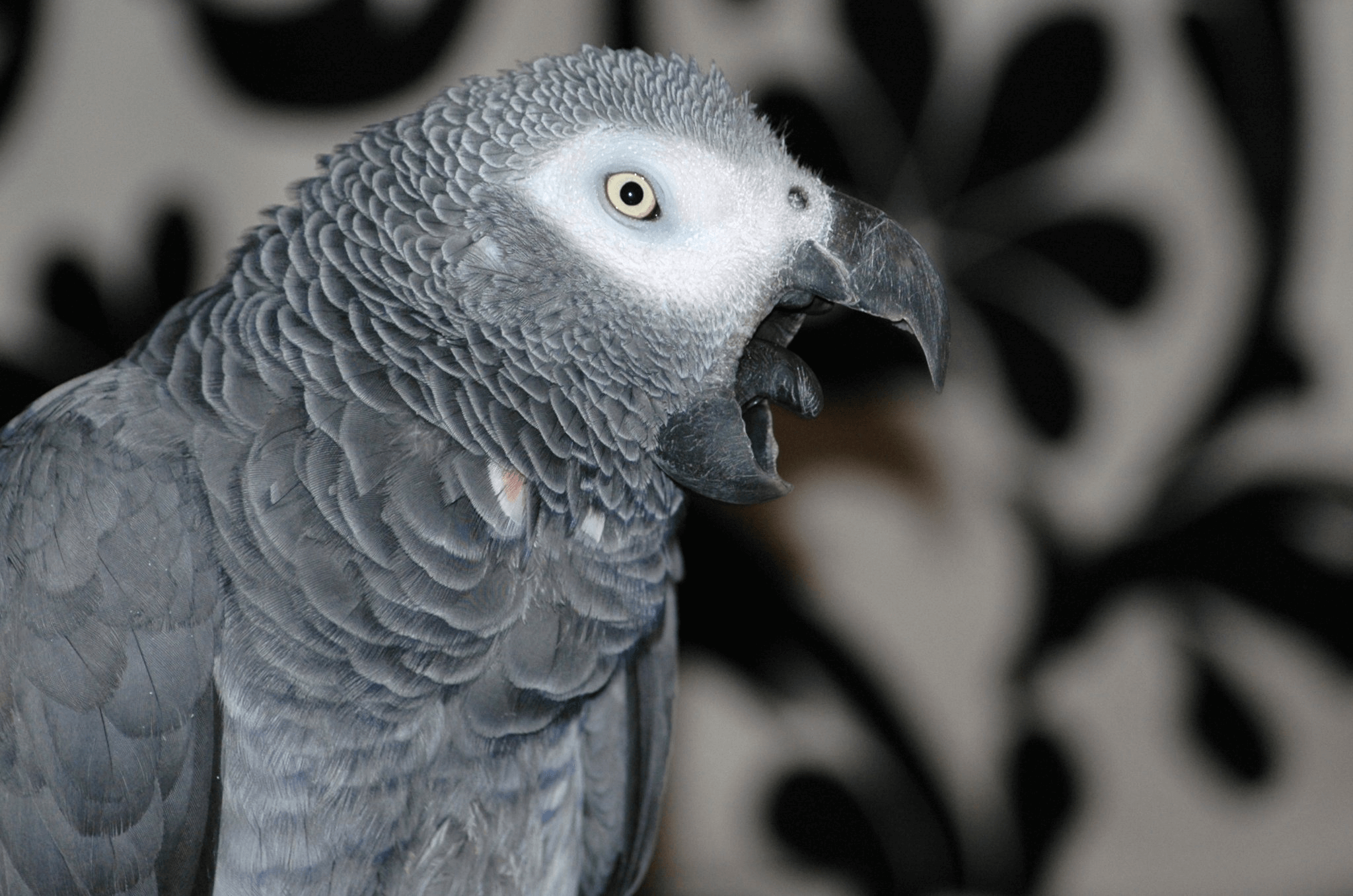
Parrot Biting
Quote:
When I take my parrot out of its cage, it bites me. It looks like he wants to play but it hurts me. I leave the room, he follows me. I already tried to say “no” to him by showing my finger but it doesn’t work either, even if I pat his beak and put him back in his cage.
Exercise that worked
Above all, never react with aversive or punitive behaviors, such as “no”, re-cage, and “pat on the beak”, for the simple reason that you will reinforce the bite.
These are absolutely not behaviors appropriate to the ethogram of Psittacidae. The “no” does not remind them of anything, because it is purely cultural and anthropomorphic, the birds have no learning from their parents, either through negative reinforcement or through punishment.
In addition, punishments have harmful consequences on long-term psychology and lower the tolerance level of birds, which become more easily anxious.
These are inappropriate aversive processes, the bird is only reinforced in its behavior. If he bites, it is because involuntarily, your behavior has strengthened him to have an interest in opting for the bite.
The first way to avoid a bite, and therefore not to reinforce it, is to observe the bodily signs preceding the bite: dilation of the pupils, grunts, swollen plumage around the neck, thinning of the body, gaze with one eye, snapping beaks, legs fixed on the porch and gaze fixed on you or your hand.
If you observe this, the wisest thing is to withdraw and let your bird calm down. You would come back later. Your parrot will thus understand that it is respected, that it is not forced with requests or behaviors that it does not want, and that makes him understand that African Grey Parrot Biting is not useful.
The second way, to associate with the first, is during the bite, your reaction. Obviously, it hurts. What must absolutely be avoided are cries, blames, signs of panic, or violence (and nervousness). Stay stoic as much as possible, just drop your bird further, proving that it will have no interest in biting.
No verbal reward: for him the “no”, the cries, the complaints are to reward and strengthen it.
No behavioral reward: throwing him back in his cage can also reinforce him, because if he bites you and you put him in a cage, and so he starts again, it may be that he found a great way to get back into the cage quickly and efficiently, and be quiet.
Finally, you must identify the triggers, the bite, question your behavior, readjust it to your bird, and thus rehabilitate healthy and non-aggressive exchanges.
For this, we need the bite history (this is the ABC of behavior), it is the best method of finding the causes and solving a behavior problem: often it is a problem of understanding between humans and birds.
As soon as he chooses appropriate behaviors, reinforce them by giving him a reward (positive reinforcement). Over time, with the positive reinforcement of good behavior, associated with training at the exit and entering the cage, and with respect for its communication codes, the bad habit of African Grey Parrot Biting will disappear.
If he bites you when you want to get him out of the cage, in my opinion, it is because he does not want to be out, or that the presentation of the hand displeases him.
He may feel forced, oppressed, or stressed. This is where it is important to observe his behavior. Positive reinforcement would be ideal.
You would teach your bird to go out on command, which brings to naught the risks of bites since each outing or re-entry into a cage would be associated with rewards: treats, scratches, compliments, or toys, depending on what he prefers.
Sometimes parrots prefer to be taken out with a portable perch rather than a finger (it depends on the preferences and trauma of the bird).


